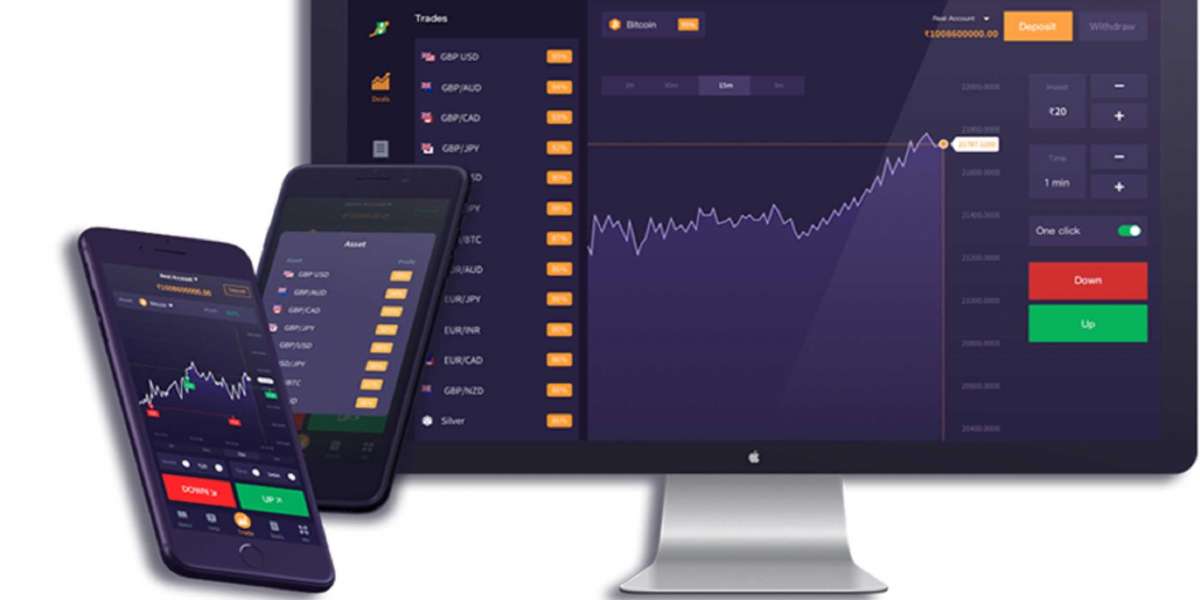Options trading acquired widespread popularity all across the globe. It provides you with the opportunity to possess a financial instrument without any obligation. Before delving deep into the technicalities of such an instrument, let’s try gaining a thorough understanding of the essential terminologies you may come across when trading options. The following write-up encompasses jargon such as strike price, out of money, and underlying price.
- Strike Price
The strike price is an exercisable sum of the options trading contract. The experts specifying free option trading strategies said the call option holder earns money if post-expiration, the spot price is more than the stipulated strike price. The put option holder earns money when the spot price is less than the strike price.
The strike price remains fixed under all circumstances. The given example is for the call option. Consider vice versa for a put option.
Suppose a trader purchased an options contract (1000 shares a lot) of an XYZ company for Rs. 75 as the strike price. So, over time, the trader procures the right to get 1000 shares for Rs. 75. If the price of the shares increases, say up to Rs. 125, the holder can make approximately Rs.50,000 (125-75= 50; 50*1000= 50,000)
- Underlying Price
Underlying price could be defined as the spot price of an underlying asset of a derivative. Suppose a person relies on the call option to purchase one lot of the ABC Organisation. If the ABC Organization trades at Rs.20 per share, the underlying price will be Rs.20. The difference between the strike price and underlying price determines option premium.
- Out of Money
For call option holders, in the case of Out of Money contract, the strike price of an asset is more than the underlying price. The strike price is less than the underlying price for put option holders.
- In the Money
In the Money suggests something that is making money already. In options trading terminology, In the Money refers to a contract where the underlying price is more than the strike price for the call option and less than the strike price for the put option.
- At the Money
In the case of At the Money contracts, the underlying and strike prices are the same. The options premium is at its most critical stage.
The experts offering the best option trading app said At the Money contracts have no intrinsic value but have time value before their expiration date. Let’s understand this through an example.
Suppose on 12th April 2020, an ABC share has an underlying price of RS. 100. When trading at the money, it will enjoy a premium of 10. The reason is the contract has 18 days to expire. The premium erosion will happen when the contract moves towards the expiration date because the price would have less time to make a significant move.
The above discussion helps you make a successful options trader – someone who has a profound knowledge of the overall process. Being thoroughly acquainted with the complexities of different financial instruments enables you to use them to the fullest. You accomplish your monetary goals, eliminate existing debts, and enjoy the stability you have always desired without any hassle.





